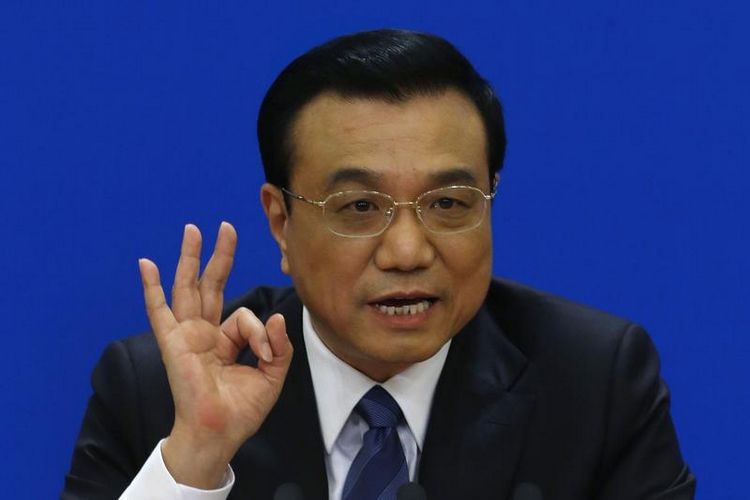Shanghai Chaori Solar Energy Science and Technology’s missed coupon payment on March 7 has triggered calls for better credit-hedging tools and stronger covenants – global standards that have been long overlooked in China.
“There are no covenants for onshore bonds and Chinese investors are unfamiliar with covenants,” said Ivan Chung, senior credit officer at Moody’s. “There is no legal framework in China to protect bondholders and market participants overlooked covenants until there was a default.”
Domestic bonds offer few ways for investors to enforce their claims against a company, and investors are now becoming more interested in external credit enhancement for high-yield issuers, according to one fund manager. Credit default hedging tools, however, remained underdeveloped in China relative to the rest of the world, she said.
Until the Chaori default, Chinese investors had assumed an implicit state guarantee that bondholders would be paid in full and this was the reason few cared about bond covenants, said Kalai Pillay, senior director at Fitch.
Typical covenants in the Reg S or 144A markets impose restrictions on cash leakage, related party transactions, risky investments, additional leverage, structural subordination and changes of ownership in order to protect investors.
The cross-default clause, designed to ensure equal treatment by allowing creditors to accelerate repayment if a borrower falls behind on any of its liabilities, is the most striking omission.
The lack of the covenant has helped Chinese bondholders in the past, with countless examples of companies redeeming their bonds, despite falling behind on bank loans, but its absence may have left Chaori’s bondholders at a serious disadvantage.
In Chaori’s case, the Shenzhen-listed solar cell maker fell behind on its bank loans over a year ago, but bondholders were unable to take any action either to call for accelerated repayment or restructure their bonds until the end of a grace period for the March 7 coupon payment.
As a result, while they waited for the inevitable to happen to their bonds, bank creditors were already working to recover their money.
The lack of this clause also means Chaori’s trust lenders have an even lower chance of recovering their investments in the company.
The loss-making company has five outstanding trust loans, with an estimated total of Rmb250m, which are officially still current, according to analysts. They will come due in the second half of this year, meaning trust loan holders cannot act now to fight for Chaori assets.
Reform drive
The lack of investor protection is far from unique to Chaori. Shanghai-listed Baoding Tianwei Baodian Electric, for example, has defaulted on its bank loans, but has continued to pay bond coupons, leaving bondholders unable to accelerate payment of principal.
“A cross-default clause is one of the most basic covenants for Reg S or 144A bonds - it is intended to protect bondholders before the company defaults, but it is almost non-existent in Chinese onshore bonds,” Chung of Moody’s said.
The Chaori default provided a good opportunity for the regulators to push through some reform in the world’s third-largest bond market, sources said.
However, before any change comes, there will have to be more defaults, as these will lead to higher awareness of risk among Chinese investors. This would result in wider differentiation in pricing for various issuers, Fitch’s Pillay pointed out.
“It would be a multi-year learning process for all market participants, including investors, issuers, arrangers, lawyers and regulators in China,” Pillay said.
At least, Chaori’s default has started that process because bond investors are now realising the true risks involved and may call for more protection for their future investments.
Issuers, especially private-sector companies, may also find it beneficial to offer some covenants in future offerings in order to attract investors in the current tight liquidity conditions in China.
“It could turn into a buyers’ market from a sellers’ market,” Chung said.
